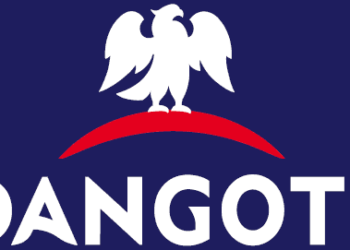Abuja – The Minister of Finance, Budget, and National Planning, Zainab Ahmed, said the Federal Government has released N471.9 billion out of the $1.5 billion approved by the World Bank for fiscal transparency, accountability, and sustainability (SFTAS) programme to the 36 states in the country.
Ahmed stated this at the launch of the state’s charter for the sustenance of fiscal transparency, accountability, and sustainability reforms in Abuja on Wednesday.
The minister, who was represented at the event by the Permanent Secretary in the ministry, Aliyu Ahmed, noted that all 36 states had domesticated the fiscal reforms in their public financial management system through the adoption of appropriate processes and practices.
She said: “Indeed, the very high level of political visibility and implementation structures created across the 36 states contributed largely to the successful implementation of the programme over the period 2018 to 2022.
“The programme has instilled fiscal behaviour and standards and facilitated the widespread adoption of good practices in fiscal and public financial management across the states while respecting their fiscal autonomy through preparation of citizen-based budgets, timely preparation and publication of annual budget and audited financial statements as well as adoption of national charts of account.
“To date, 28 states have passed their audit law in line with internationally acceptable standards and all 36 states have passed their 2020 audited financial statements before 31 July, 2021.
“Also, 32 states prepared and published local governments’ audited financial statements (AFSS) for FY2018, FY2019 and FY2020 , including all allocations and actual receipts of state-local government joint account allocation committee (SLJAAC) transfers for each LG.”
The minister revealed that 31 states had linked Bank Verification Number (BVN) to payroll while 13 had adopted the Treasury Single Account (TSA)
She added: “Also, many states have been able to increase their Internally Generated Revenue (IGR) significantly by reducing IGR leakages through the implementation of state-level treasury single account (TSA), and intensifying efforts in IGR collection.
“Twenty – seven states passed their consolidated state revenue code (CSRC) by 2020 and 18 states were able to record a nominal IGR collection in 2020 that was equal to or higher than their 2019 nominal IGR collection.”


















